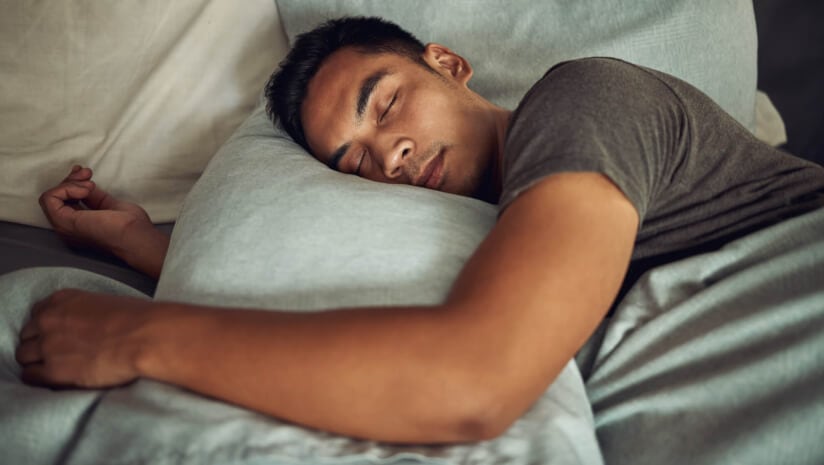The cross-sectional nature of the study limited the ability to infer causality, said the researchers at Macau University of Science and Technology in China.
However, the findings “offer exploratory insights for future research and highlight the need for more in-depth studies to elucidate the complex interactions among micronutrients, the gut microbiota and mental health,” they wrote in the journal Nutrients.
Vitamins B1 (thiamine) and B2 (riboflavin) may protect the areas of the brain involved in stress, anxiety and sleep regulation by counteracting oxidative stress, enhancing neurotransmitter synthesis and promoting cellular energy metabolism.
The study noted that thiamine and riboflavin are increasingly recognized for their roles in gut ecology and homeostasis. Gut bacteria can synthesize these two B vitamins, and previous research suggests that they are linked to gut microbial composition and function, which are critical for maintaining intestinal health.
The bi-directional communication between the gut and the brain plays a key role in the functions and outcomes in the central nervous system.
“Overall, the microbiota–gut–brain axis affects the host’s cerebral nerves, anxiety, stressful emotions, sleep quality and cognitive impairment through interactions with neuronal, endocrine, immunological and metabolic pathways,” the researchers wrote.
Study details
The cross-sectional study recruited 76 students from Macau University of Science and Technology. They emptied their bladders before consuming 5 mg each of vitamins B1 and B2 with water and collecting their urine within the following four hours for the researchers to assess the urinary load of the vitamins.
Fifty-four participants submitted qualifying fecal samples, which were analyzed for specific gut microorganisms considered indicators of the human gut microbiome.
The researchers measured the participants’ stress, sleep and anxiety levels using appropriate scales and indices and examined their relationship to the vitamin levels and gut microbiota.
“The results indicate that higher vitamin B1 levels are associated with better sleep quality and reduced sleepiness, while higher vitamin B2 levels are linked to better sleepiness outcomes,” the researchers wrote, concluding that both vitamins may play a role in modulating sleep and stress due to their antioxidant properties.
The analysis of gut microbiota and psychological states “found that the microbiota–gut–brain axis may play a key role in the regulation of host psychological states, especially microbes such as Bifidobacterium, Enterobacteriaceae and Enterococcus, which showed a negative correlation with host anxiety scores,” they wrote.
The study found that C. Butyricum, Bacteroides and Enterococcus negatively correlated with sleep quality, as did C. Butyricum with sleepiness scores.
A higher abundance of Enterobacteriaceae was associated with lower anxiety scores, while a higher abundance of Bacteroides was associated with higher stress scores. Higher abundance of C. Butyricum was associated with less sleepiness.
However, no significant differences in microbiota were found between the two vitamin groups.
The researchers called for further studies to elucidate the complex interactions among micronutrients, the gut microbiota and mental health to pave the way for precision nutrition.
Source: Nutrients 2025, 17(11), 1894. doi: 10.3390/nu17111894. “Host–Gut Microbiota Interactions: Exploring the Potential Role of Vitamin B1 and B2 in the Microbiota–Gut–Brain Axis and Anxiety, Stress, and Sleep Quality”. Authors: Y. Tao, et al.

